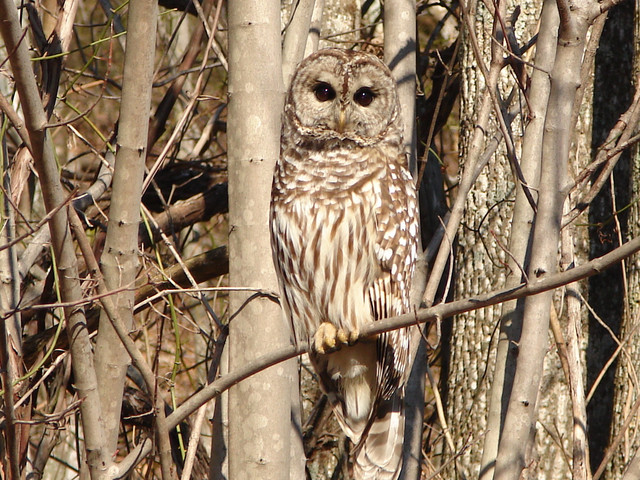For Hannah
In “For Hannah,” Robert Vander Lugt tries to narrate the experience of watching a child cling to life in a hospital bed and encounters difficulty in the motions and effects of prayer, in how to tell such a story in the first place.

In “For Hannah,” Robert Vander Lugt tries to narrate the experience of watching a child cling to life in a hospital bed and encounters difficulty in the motions and effects of prayer, in how to tell such a story in the first place.

In “Tiniest Prayer,” the poet Nicholas Samaras recognizes the motion of prayer as one that humbles, that moves one “out of the center” and into the will of God.

In “Prayer, Insisting,” the poet Nicholas Samaras’s aching meditation on his own metonia, or repentence, is couched in an ancient prayer: Lord Jesus Christ, have mercy on me, a sinner.
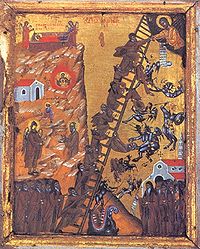
In “Light Adaptation,” the poet Sarah Steinke offers images that evoke childhood fear and the darkness of memory while also leading into the freedom of revelation, of “everything visible” becoming “light.”
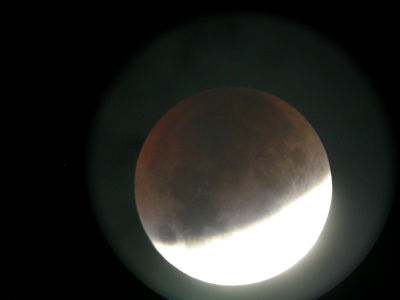
In “Prayer as Definition,” the poet Nicholas Samaras meditates on the essence of prayer as both conversation and communion, even with the barest of words.
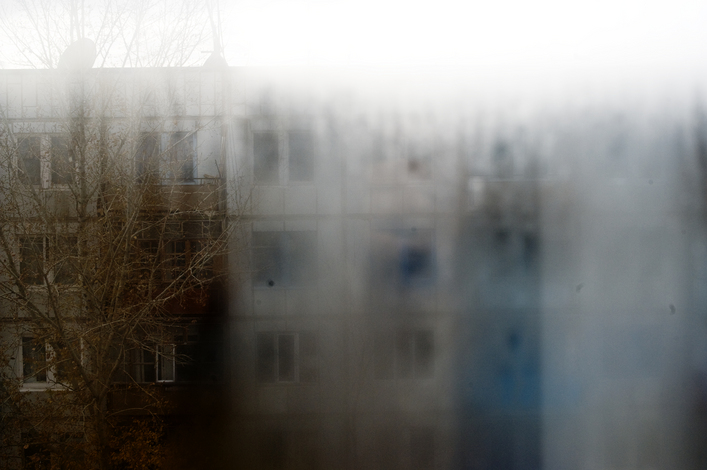
In “Theater of the Absurd,” the narrator’s own “committed” prayers mimic the disrupting gasps of a man with Tourette’s syndrome, a visible sign of “everyman’s condition.”

In “Water Mission,” Jillena Rose offers a narrative of a childhood in Saigon, where she learned the prayer of “women in white silk laughing, letting water run over their fingers . . . another sound for praise.”
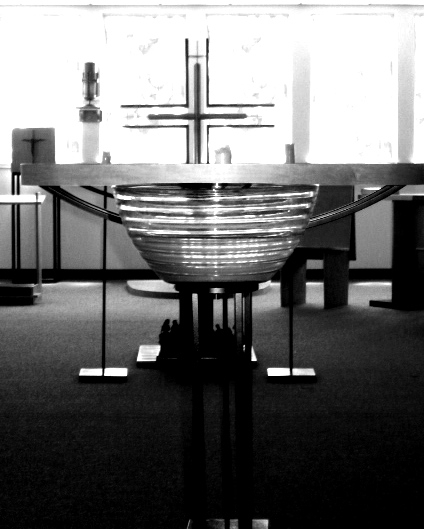
Katie Manning explores the resonance between the beating of a heart and the insistent pulses of prayer.

In “Manifest,” Quist’s Sunday morning rush is interrupted by a presence that both calms and sharpens, a presence that turns irritation into reverent watchfulness.
